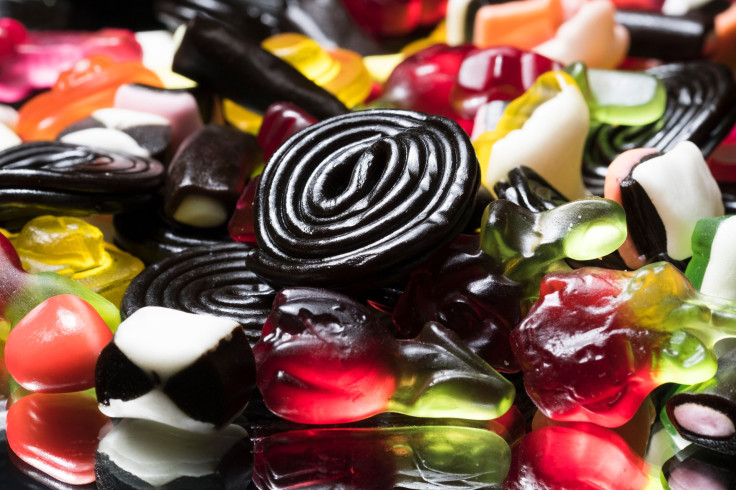Is Black Licorice Dangerous? Massachusetts Man Died After Eating Bags Of Candy Daily
KEY POINTS
- The man had a poor diet and ate a lot of black licorice, doctors say
- He had dangerously low potassium levels in his body at the time of his death
- FDA warns eating even two ounces of the candy everyday for at least two weeks can lead to irregular heart rhythm
A Massachusetts man who consumed a bag and a half of black licorice every day for a few weeks died due to a sudden cardiac arrest, doctors said Wednesday.
The 54-year-old man, who was not identified, collapsed while having lunch at a fast-food restaurant last year. Emergency responders revived him but he died the following day, a report published in the New England Journal of Medicine said.
The study said the man also had a poor diet. It noted that the glycyrrhizic acid present in the candy can cause the "unimpeded presence of cortisol," which can result in "hypertension, hypokalemia, metabolic alkalosis, fatal arrhythmias, and renal failure — the constellation of signs and symptoms seen in this patient."
Doctors have reported the case to the Food and Drug Administration (FDA) to help raise awareness about the health risk tied to black licorice.
The FDA, in 2017, warned that eating even two ounces of black licorice every day for at least two weeks can lead to irregular heart rhythm or arrhythmia in case the person is over 40 years of age.
Doctors, in the new report, said the sweetening compound found in black licorice is derived from licorice root extracts. The compound, glycyrrhizic acid, can cause the body's potassium levels to drop. As a result, some people can experience "abnormal heart rhythms, as well as high blood pressure, edema (swelling), lethargy, and congestive heart failure."
The man had switched from the soft fruit-flavored licorice twists to the black version a few weeks before his death. Doctors had diagnosed dangerously low potassium levels in his body which they said caused irregular heart rhythm that led to his death. At the time of his death, the man also had an elevated level of potassium in his urine with unstable blood pressure.
"Even a small amount of licorice you eat can increase your blood pressure a little bit," Dr. Neel Butala, a cardiologist at Massachusetts General Hospital who was part of the study, told the Associated Press.
The FDA warned that eating large amounts of black licorice, a popular treat during Halloween in the U.S., can normally result in high blood pressure, swelling and sluggishness. The agency advised those with irregular heart rhythm and muscle weakness to not eat them.

© Copyright IBTimes 2025. All rights reserved.






















